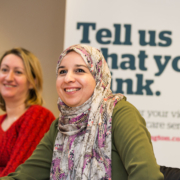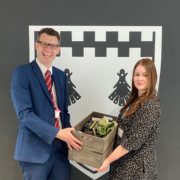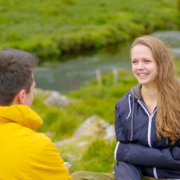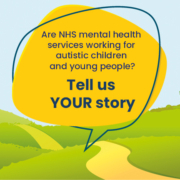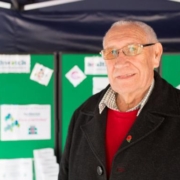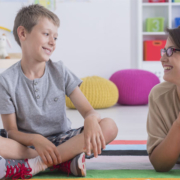Kooth Q&A
Providing information about local health and care services is part of the core work of Healthwatch Northumberland, and mental health services for children and young people is one of our key priorities.
In June 2020 NHS Northumberland Clinical Commissioning Group (CCG) commissioned Kooth, a free online mental health support service for young people aged 11-25 years.
Watch this video to find out more.
We were therefore delighted to host an online seminar on 10 March 2021 with Malcolm Connelly, Engagement Lead at Kooth who told us about how the service works and how parents, carers and professionals can signpost young people to it.
Below are the questions from the audience and Malcolm’s answers which include links to the Kooth site and how to contact Malcolm for more information.
If you or a young person you know have used Kooth, we would like to hear about your experience. Share your feedback with us.
Q&A
How can parents check the suitability of Kooth?
There are demos available to see what the site looks like from a user’s perspective however the content will look different depending on the age of the child. A demo can be arranged by emailing Malcolm Connelly (mconnelly@kooth.com). There is also information on the Kooth website and Malcolm has put together a parents’ information letter.
Kooth follows strict safeguarding guidelines and young people will only speak to trained counsellors when using the platform. Any discussion is via pre-moderated threads.
How can I get resources to share to promote Kooth?
If you work for an organisation which supports children and young people, get in touch with Malcolm to add your details to his database of contacts. There are also A4 posters and wallet size cards available. Visit the Kooth Promotion Hub to find resources to promote Kooth.
Do you promote Kooth to schools and youth groups?
Yes, Malcolm does presentations in schools and for youth groups although it is more difficult at the moment with restrictions. Malcolm is currently only able to offer virtual presentations but is hoping to get back into schools later in the year.
What does Kooth mean?
During initial discussions about what to call the platform, a group of young people took the word ‘uncouth’ and flipped it to the more positive ‘Kooth’.
What is the adult equivalent of Kooth?
Qwell. This is currently only available to teachers and support staff in Northumberland.
Is there any data to show the positive impact that Kooth is having on young people and what are the recurring themes?
Monthly and quarterly reports are sent to the CCG which commissions Kooth, however these have to be requested and authorised for anyone else who would like to see them.
Is there any reason for Kooth starting at 11 years old?
This age was agreed with the CCG and is relevant as it is the start of secondary school. Around the age of 11 or 12 children are old enough to understand more and benefit from the support service. Gillick competency is assessed (more details here).
Is Kooth safe for autistic people?
Kooth is a safe space but we understand some young people may struggle with the text-based service and are constantly working to make Kooth fully accessible for all.
You mentioned face-to-face interventions. How does that work?
This is not currently available in the North East.
Are you getting into schools at the moment with the current restrictions?
Yes, but not as much as usual. Malcolm is hoping to get back into schools regularly by September.
Find out more about the support available for children and young people in Northumberland.



